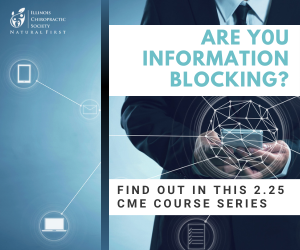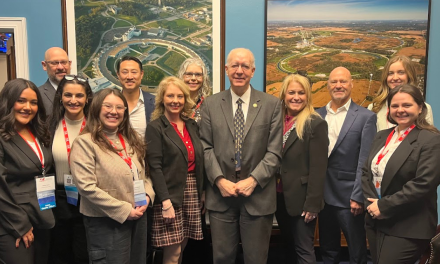
Treating at Free Clinics and in Emergencies: Good Samaritan Law

In order to encourage physicians and other licensees to provide health care assistance in emergencies or in free clinics, the State of Illinois has a Good Samaritan law that exempts licensees from financial liability for negligence when providing free care in certain situations. The law applies to services rendered in automobile crashes, natural disasters, and other catastrophes. It can also apply when emergent patients present without an appointment at your office and when physicians render services to medically indigent patients at free medical clinics. The law is designed to allow providers to render services without fear of having to pay a claim for an occasional or potential poor outcome in these cases.
Short History
The law granting civil immunity has undergone multiple changes to arrive at its current form. Earlier versions referred to care provided for injuries in motor vehicle accidents and “nuclear attacks.” The accident scene or nuclear attack limitations were later removed, only to be replaced with the requirement that the physician treated the patient “in good faith and without prior notice of the illness or injury. . .”. Unfortunately, plaintiff malpractice attorneys tried to use that language to undo physician immunity when patients sued for damages arising from emergency care. The appellate courts tended to rule in favor of doctors until finally, in 1998, the legislature removed the phrase and replaced it with the more generic “emergency care.”
Illinois Physicians and Emergencies
The Good Samaritan Law in Illinois (745 ILCS 49/25) specifically protects chiropractic physicians who render emergency care, as follows:
Any person licensed under the Medical Practice Act of 1987 or any person licensed to practice the treatment of human ailments in any other state or territory of the United States who, in good faith, provides emergency care without fee to a person, shall not, as a result of his or her acts or omissions, except willful or wanton misconduct on the part of the person, in providing the care, be liable for civil damages.
The required elements are: 1) emergency; 2) care provided in good faith; 3) without fee; and 4) must not be willful or wanton misconduct (discussed below).
What Is An Emergency?
The Good Samaritan law now can apply to both accidents and natural disasters, or even in your office if an emergency should arise for which the physician treats the individual with no fee. What is an “emergency” under this law? There is no rule defining “emergency” under the Act, but an appellate court referred to an “unforeseen, unexpected combination of circumstances presented which require the need for immediate action, assistance or relief”. Rivera v. Arana, 322 Ill. App. 3d 641 (1st Dist. 2001). The courts have indicated a liberal interpretation of what constitutes an emergency. Automobile accidents and natural disasters usually leave little room for interpretation, but office emergencies may not be as clear. More recent cases have discussed the issue of whether the doctor has charged or not charged a fee in good faith, i.e., whether the doctor’s decision to forego the fee was made for the purpose of invoking the liability exemption in the Good Samaritan law. Courts have ruled that this issue is to be determined on a case-by-case basis by a jury.
What Is A Free Medical Clinic?
The law applies to physician services in 1) an organized, community-based program providing medical care without charge to individuals unable to pay for it, and which care does not require the services of a hospital, or 2) a certified local health department program utilizing health professional of the Volunteer Medical Reserve Corps, providing medical care without charge to individuals unable to pay for it and which care does not include an overnight stay in a healthcare facility.
Willful and Wanton Misconduct Not Exempt From Liability
The Good Samaritan Law exempts liability for what is known as “ordinary negligence,” but not for “willful and wanton misconduct.” Of course, “willful and wanton” conduct, though not necessarily intentional, is deemed more egregious, and defined by Illinois jury instructions as a “a course of action which *** shows an utter indifference to or conscious disregard for a person’s own safety and the safety of others.” Illinois Pattern Jury Instructions, Civil, No. 14.01. On the other hand, ordinary negligence is defined as “the failure to do something which a reasonably careful person would do, or the doing of something which a reasonably careful person would not do, under circumstances similar to those shown by the evidence.” Illinois Pattern Jury Instructions, Civil, No. 10.01. Unfortunately, it is not possible to describe every situation that would rise to a conclusion of “willful and wanton” misconduct; a jury must weigh the facts of each particular case to make that determination. However, in general, if a physician applies reasonableness and common sense in an emergency situation, his/her behavior will not be deemed “willful and wanton.”
Legislative Intent Is To Encourage Volunteerism and Discourage Litigation
The purpose of the Good Samaritan Act is to “establish…protections for the generous and compassionate acts of its citizens who volunteer their time and talents to help others.” As a licensed chiropractic physician, you may offer your valuable time and talent, without fear of financial liability, to make a life-changing difference in a critical moment of another’s life.



















